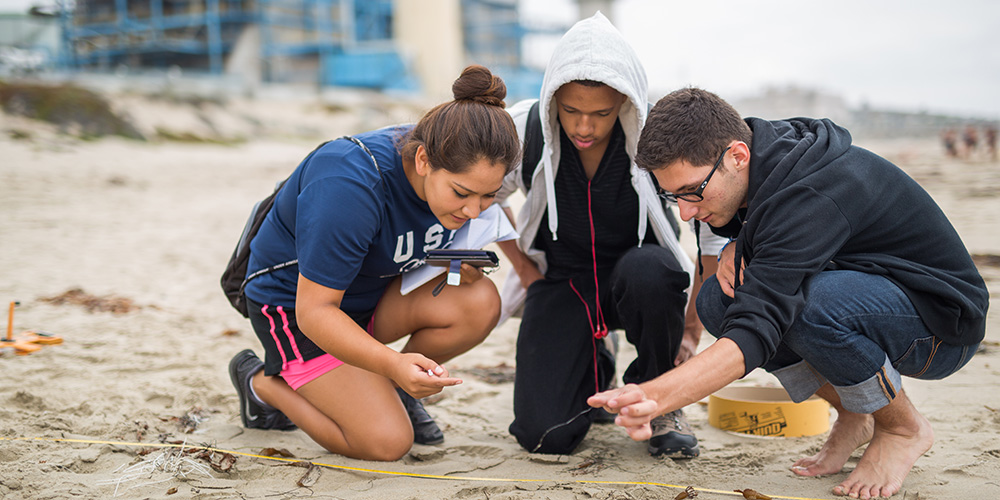
Research in the Environmental Science program ranges from water quality to restoration ecology. Our goal is to actively engage undergraduates in research. Future students are encouraged to contact faculty and discuss potential projects!
Faculty Research Interests And Opportunities:
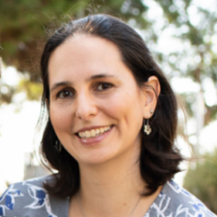
Nicole C. Bouvier-Brown
Current Research Themes: My current research involves the development, implementation, and assessment of course content that enhances students' personal connection to the social context of science.
Research questions: After our additions to the open-access General Chemistry textbook, do students find the course material more accessible and inclusive, increasing their sense of belonging? Are students more engaged with the material? Is there an increase in students’ awareness of the role chemistry can play in addressing social and environmental inequities?
Taking New Students: Yes, I am taking new students over the 2025/2026 academic year.
Pre-requisites for student-researchers: There are no prerequisites to joining my group. It is advantageous to have experience with general chemistry, environmental science topics, or social science research methods, but these are not essential.
Contact Information: Interested? Please contact me at Nicole.Bouvier-Brown@lmu.edu
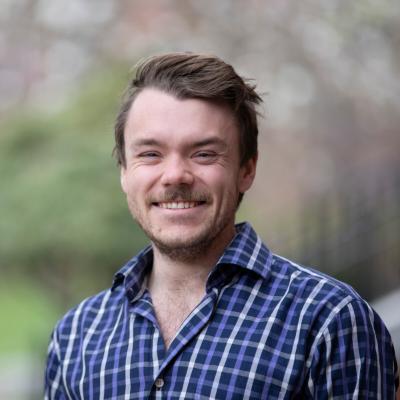
Robert M. Welch
Current Research Themes: Evaluating Hidden Faults in the Central Valley & Santa Maria Basin of California. While we may equate seismic hazard in California with the San Andreas Fault, there are a substantial number of active faults that lie within sedimentary basins. Two of these basins are the Santa Maria Basin (north of Santa Barbara) and the San Joaquin Valley (the heartland of California). While the faults mapped at the surface are known to be seismic hazards, it is those faults that do not have a surface expression that have an unknown risk.
Research Questions: Some of the larger questions we are answering are as follows: 1) What is the slip rate and largest magnitude of earthquake of these hidden faults? 2) How has oil, gas, and water production stabilized or destabilized these faults?; 3) Are there previously unmapped faults that pose a hazard to lifeline infrastructure (i.e., highways & aqueducts)?
Taking New Students: Yes, I am taking new students for the 25/26 academic year!
Pre-requisites for student-researchers: There are no required prerequisites to join, but taking a few math and physics courses is always helpful. During your time as a research student, you will get up to speed on the fundamentals of structural geology, how to use CAD-based tools, and core GIS skills (all of these apply to post-graduate job opportunities!). There is also a possibility for fieldwork in the Central Valley & Santa Maria Basin.
Contact Information: If you are interested in being a part of the next generation of fault modelers in California, reach out to Robert.Welch@lmu.edu
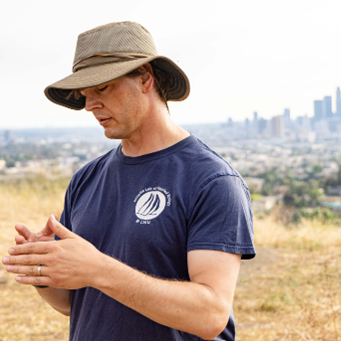
Demian Willette
Current Research Themes: Applied ecology in marine and urban ecosystems. As applied ecologists, we use principles of ecology to explore and address real-world questions at the intersection of research, practice, and policy. Our lab uses a combination of field experiments, molecular genetics (eDNA/DNA-barcoding), remote sensing, and policy work to tackle invasive species, urban park restoration, sustainable fisheries, seafood fraud, IUU fishing, and biodiversity monitoring.
Taking new students: Yes, we will be tentatively taking a new student in the mid-2025/2026 academic year.
Pre-requisites for student-researchers: Our lab has no general pre-reqs to join, but we ask new potential lab members ‘shadow’ a current researcher for a semester to gain an appreciation for what research with us is like. We do work in the field, in the genetics lab, and on computers – something for everyone – so having an idea of where you might see yourself is helpful.
Contact information: Please reach out to me at demian.willette@lmu.edu, or drop into my office hours during the semester (Life Science Building 387, see ENVS BrightSpace page for times).
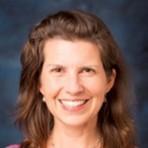
Rachel Adams
Current Research Themes: Impacts of the Palisades Fire on Heavy Metal Concentrations in Bivalves in Coastal Waters
Research Questions: 1) Are the heavy metal concentrations for bivalves living in burn areas elevated relative to bivalves living in areas of Santa Monica Bay away from the burn zones? 2) How do the levels of these heavy metals change over time since the fire? 3) How do these metal concentrations compare to the toxicity thresholds for bivalves, marine organisms living in these waters and the water quality that will impact swimmers, surfers, and beach-goers?
Taking new students: I am not taking any new students in fall 2025, but may be taking students in spring 2026.
Pre-requisites for student-researchers: There are not strict prerequisites. chemistry (lecture and lab), quantitative skills, environmental science and engineering courses will provide students with a solid background.
Contact information: If you are interested, please contact me: rachel.adams@lmu.edu
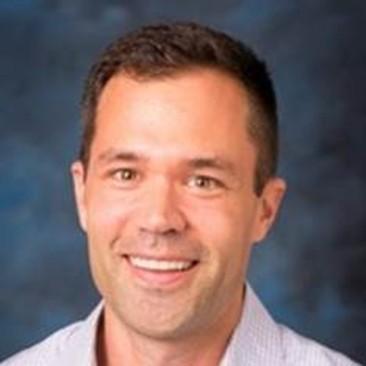
Lambert Doezema
Current Research Themes: My background is in atmospheric chemistry and focuses in making measurements of gaseous compounds in the atmosphere.
Research Questions: Currently our focus is on two research projects/questions, (1) How important is natural geologic seepage in the global and local budgets of methane and other light alkanes? and (2) Does atmospheric deposition of N-containing compounds significantly affect concentrations in freshwater aquatic ecosystems in Los Angeles?
Taking new students: I am not taking new students during the 2025-2026 academic year.
Pre-requisites for student-researchers: Students joining my research group should have had a year of General Chemistry. Additionally, ENVS 357 and/or CHEM 360 is preferred but not required.
Contact information: Contact me at Lambert.Doezema@lmu.edu to learn more.
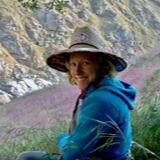
Kate Eisen
Current Research Themes: I am fascinated by flowers. I use flowers as a nexus for asking questions that span ecology and evolutionary biology. Current projects in the lab include experimentally testing for rapid evolution in response to drought cycles, determining if the floral scent of an individual plant varies over time, and monitoring plant-animal interactions in restored ecosystems compared to unmanaged ecosystems.
Taking new students: I may be open to taking a new student in Spring/Summer 2026.
Pre-requisites for student-researchers: I don't have any pre-reqs that students need to have to join the lab. Ideally I’d like to have students join no later than junior year, because research takes time! Students starting out in the lab will be placed into an existing project with continuing student researchers as a way of learning how the lab works. Most of our projects involve working directly with plants, either in the field or on campus, but there are also opportunities for lab-based projects.
Contact information: Please contact me at katherine.eisen@lmu.edu
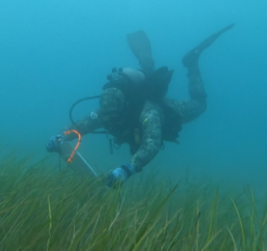
Tom Ford and The Bay Foundation
Current Research Themes: Establishing and expanding naturally vegetated sand dunes along the beaches of LA County is a long-standing interest of the Coastal Research Institute.
Research Questions: Professor Tom Ford, and his team, are interested in an array of questions about these dune systems ranging from micro-climate, physical morphology, wind climate, biodiversity, and soil/sand chemistry.
The data collected on these dune systems enables adaptive management of the dunes, and informs regional approaches to dune creation and management. We have many opportunities to learn more about these newly established habitats!
Taking new students: Yes, we are taking students in the 2025-2026 academic year
Pre-requisites for student-researchers: There are no prerequisites, but we want to make sure that a student is appropriately prepared and trained to successfully advance our work. If you’re just starting out or are a seasoned upperclassman, we can usually find the right fit.
Contact information: If you’re interested, please contact me Thomas.Ford@lmu.edu
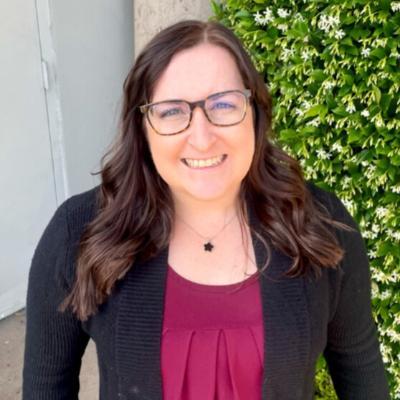
Emily Hawkins
Current Research Themes: I study the motion of fluids in a wide variety of applications. My general interests include climate change (both through oceanic and atmospheric modeling), searching for life (for example in subsurface oceans on icy moons in the outer solar system), and any settings where turbulence may arise. I primarily conduct laboratory experiments to study topics of interest, but sometimes I use fluids numerical modeling tools and occasionally, my work brings me (and my students) into the field (e.g. to access the ocean locally).
Taking new students: I may already have a pretty full lab in the upcoming academic year (25/26), but I’m always open to chatting with interested students to see if they can fold into existing teams on our various ongoing projects!
Pre-requisites for student-researchers: I have no pre-requisites for any students to join my research other than: 1) a willingness to work with others/in a small team, 2) a genuine interest in the topic you’d be working on, and 3) a willingness to try doing experimental lab work (no prior experience needed).
Contact information: Please don’t be shy to email me at Emily.Hawkins@lmu.edu. Please contact me if you are interested in learning about our current projects we have going on in the lab as they are often evolving!